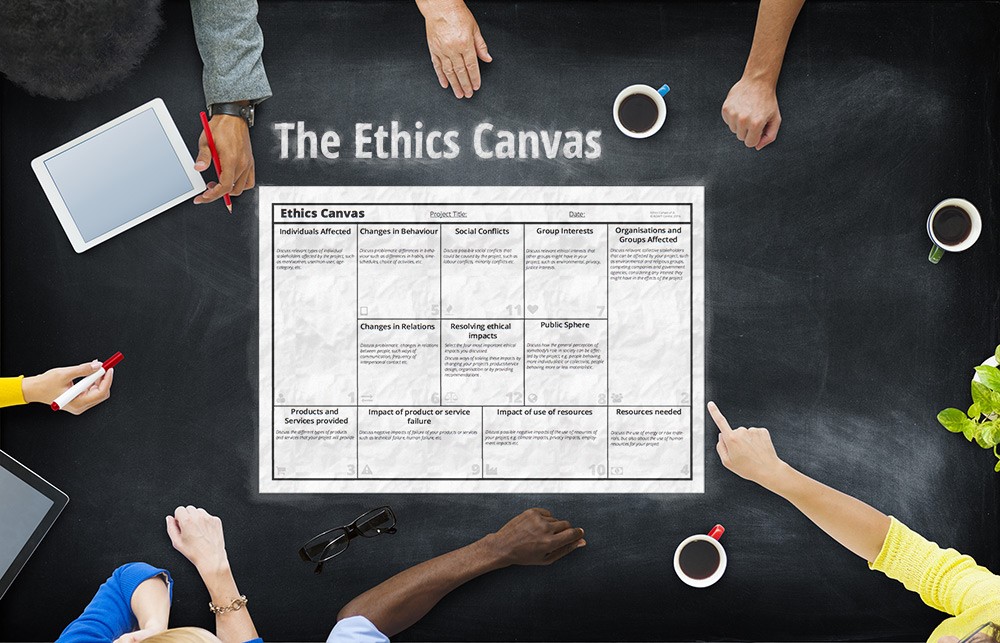Why is it relevant?
Ethics touch upon a range of topics, including mutual respect; gender, equality and inclusion; democratic participation; active learning; collective action; personal integrity; privacy; and data security. Ethics are essential to all areas of science, and as such should be incorporated into every aspect of a Citizen Observatory.
How can this be done?
Ethical practice dictates that Citizen Observatories should strive to use information that is up to date and well-grounded in relation to strategic policy and to technological, social and cultural developments, while also taking into account the needs and desires of the wide range of stakeholders that are involved. Naturally, this will require engaging with these stakeholders and potentially including them in the development of relevant ethical frameworks. The potential social and environmental impacts of Citizen Observatories should also be considered as part of the ethics of your Citizen Observatory.
Particular attention needs to be paid to the principle of proportionality, the right to privacy, the right to the protection of personal data, the right to physical and mental integrity, the right to non-discrimination and the need to ensure high levels of human health protection.
To simplify ethics is to underestimate its potential complexity when applied, especially in Citizen Observatories. Nevertheless, ethics can be presented on the basis that
- the research should do no harm, either physical or non-physical, and
- participation in research should be voluntary.
By adopting ethical approaches across the board, the potential for poor practice is reduced. Ethics relate to ‘responsibility’ for all stakeholders within the research and innovation community. They are part of a broad paradigm and framework for Citizen Observatories that also form an important part of Responsible Research and Innovation (RRI).
Useful Resources
TOOL: The Data Ethics Canvas is based on the Ethics Canvas (see above) and was developed by the Open Data Institute to help identify and manage ethical issues at the start of a project that uses data, and throughout.
TOOLS: The Citizen Science Association (CSA) Working Group on Ethics has developed a range of materials, ranging from codes of ethics to consent forms and webinars.
WEBSITE: GDPR.eu is an online resource to help you achieve compliance with the General Data Protection Regulation of the European Union.
PROJECT REPORT: The LandSense Citizen Observatory user guidelines and training material provides useful information on the GDPR and how it was handled in this Citizen Observatory. Observatory.
TOOL: Under the umbrella of the European Citizen Science Association, an international community of citizen science practitioners and researchers produced Ten Principles available in >25 languages to foster excellence in all aspects of citizen science which can be equally applied to Citizen Observatories.
TOOLKIT: The RRI Toolkit on Ethics provides resources, tools and training materials to help promote research integrity and to integrate ethics into various phases of the research and innovation process.
VIDEO: This CSA webinar, featuring scientific experts and citizen science experts, explores the challenges of meeting data collection needs while protecting participant privacy.
VIDEO: This presentation provides a useful introduction to copyright and data protection in citizen science.
PROJECT REPORT: This COST Action workshop report (2020) describes work towards a citizens’ information packet on legal and ethical issues around ICTs and highlights remaining data privacy and ethical/legal issues.
You may also be interested in:
I want to set up a Citizen Observatory…
…by identifying a shared issue
This work by parties of the WeObserve consortium is licensed under a Creative Commons Attribution-ShareAlike 4.0 International License. ![]()


